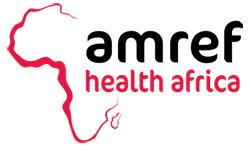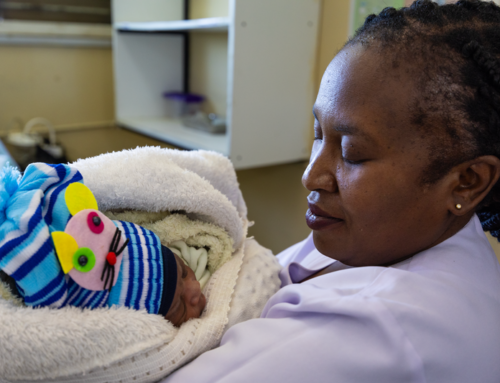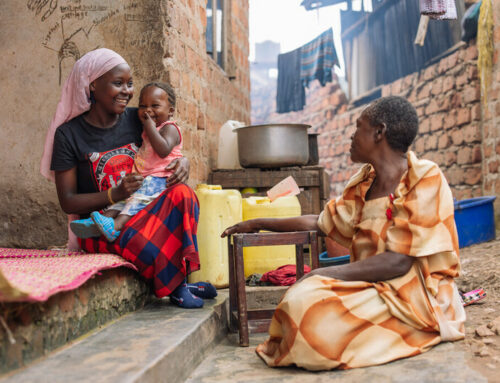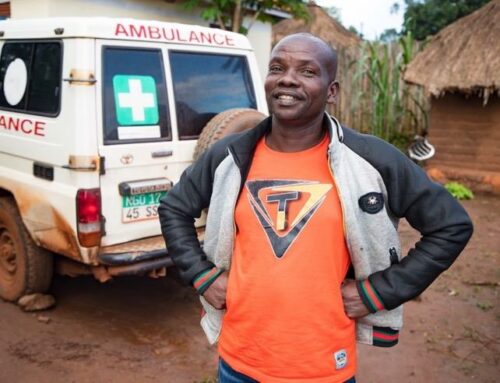Training midwives in Uganda with e-Learning
In Uganda, for every 100,000 childbirths, 440 women die from preventable causes such as severe bleeding, hypertensive disorders and obstructed labor.
When a woman delivers her baby under the care of a skilled health worker such as a midwife, nurse or doctor, she drastically reduces her risk to these preventable causes. Most of these women live in rural communities where few and far between health facilities and a shortage of trained health workers make it difficult to access the care that women need before, during and after childbirth.
Amref Health Africa is directly addressing this problem: we are training more midwives using eLearning, or training that uses the internet that allows us to train them faster, more effectively, and cheaper.
eLearning ensures that health workers don’t have to be away from their jobs and families for long periods of time. Plus, health workers can put their much-needed new skills into practice immediately.
Through eLearning, we’ve trained life-saving midwives like Catherine who works at Katakwi General Hospital “in the many areas that need me; antenatal, family planning, the labor suite – it depends on the day!” the busy midwife tells us.
Catherine was inspired to become a midwife after watching her mother work as a Traditional Birth Attendant (TBA), which many women still rely on in rural communities: “I would see women coming to my home to deliver. I remember my elder sister shouting because there was a mother almost dying; ‘Can’t you let this mother go and deliver in a hospital? The midwives there are trained!’ So I understood: it’s the midwives who should be helping these mothers to deliver. My mother is so proud of me. She stopped being a TBA in 2002. She sees that when a mother delivers at the hospital instead – where the midwives are – she comes back with a baby that is alive.”
Help us train more midwives like Catherine
Today, Catherine is an enrolled midwife, working her way towards her diploma in midwifery, the next step in her career. She tells us, “I wanted to get my diploma because I am the head of our family. I am educating my little sister, caring for my mother and my two nieces. I need to increase my skills and further my career.”
Catherine tells us about a challenging time she used her training to save a life: “I was once working night duty and a mother came to us almost pushing but because she was not monitored, the baby was asphyxiated (lacked oxygen). We desperately needed oxygen. I cared for that baby for three long hours, stimulating and transferring my own oxygen with a mask. The baby survived.”
“I have learned so much from my training,” says Catherine. “I learned how to involve more fathers at antenatal care visits. There are very few men attending the appointments. But now we make sure that men are listening to the health education that we give. We want the men to stand up and say, ‘I too am involved.’ I really feel so happy and blessed, because with this new training I find myself succeeding and handling our mothers and babies so well.”
